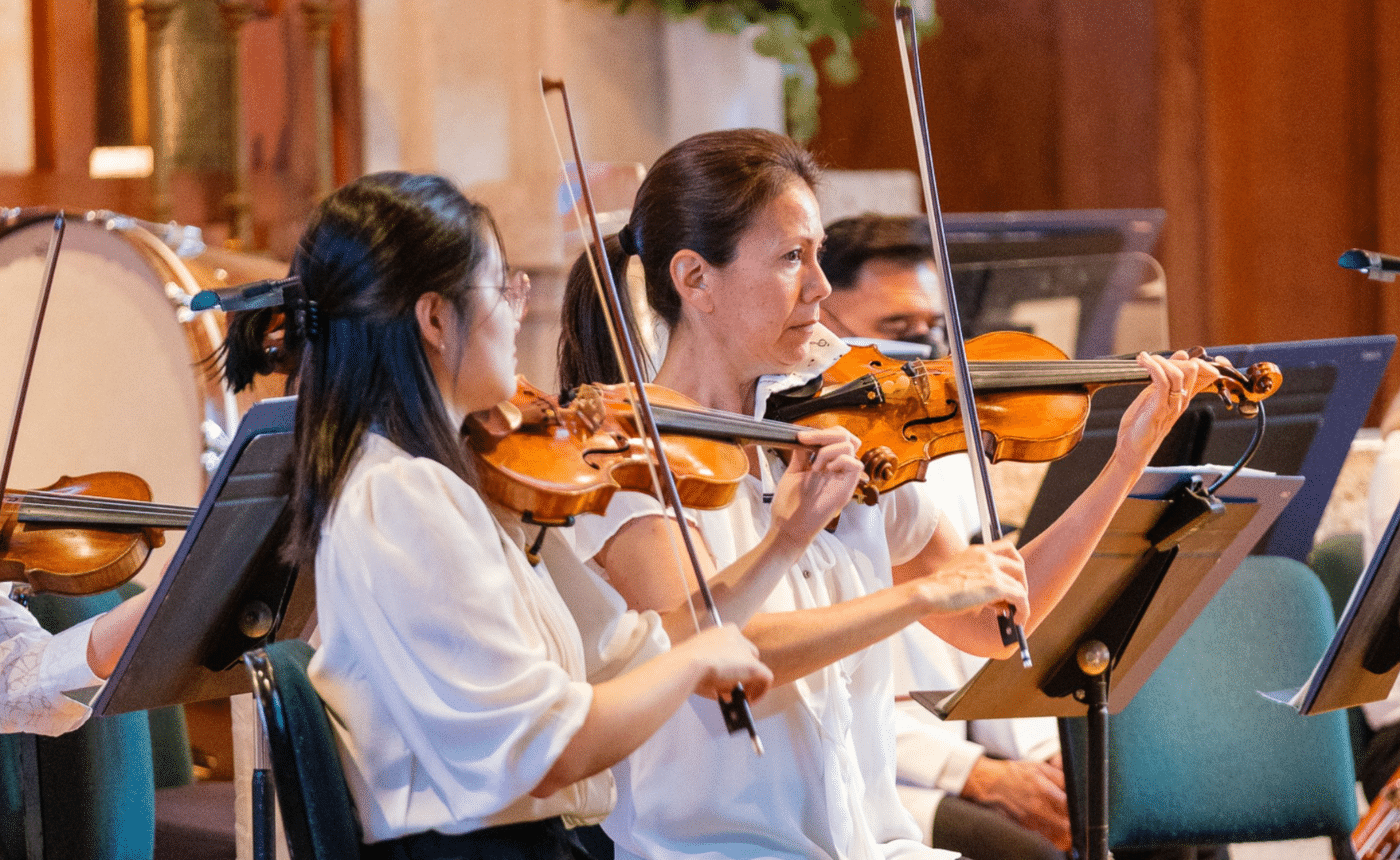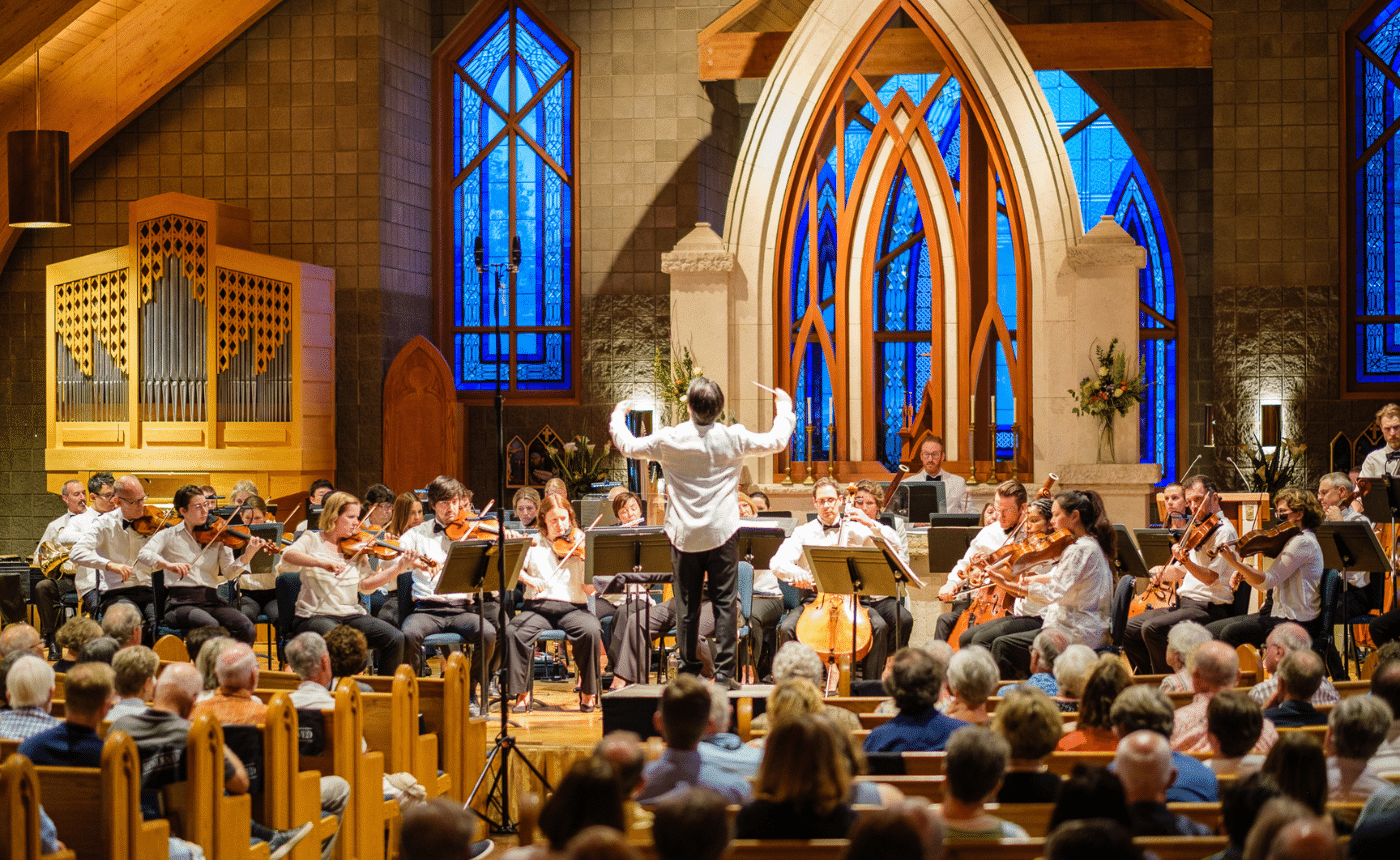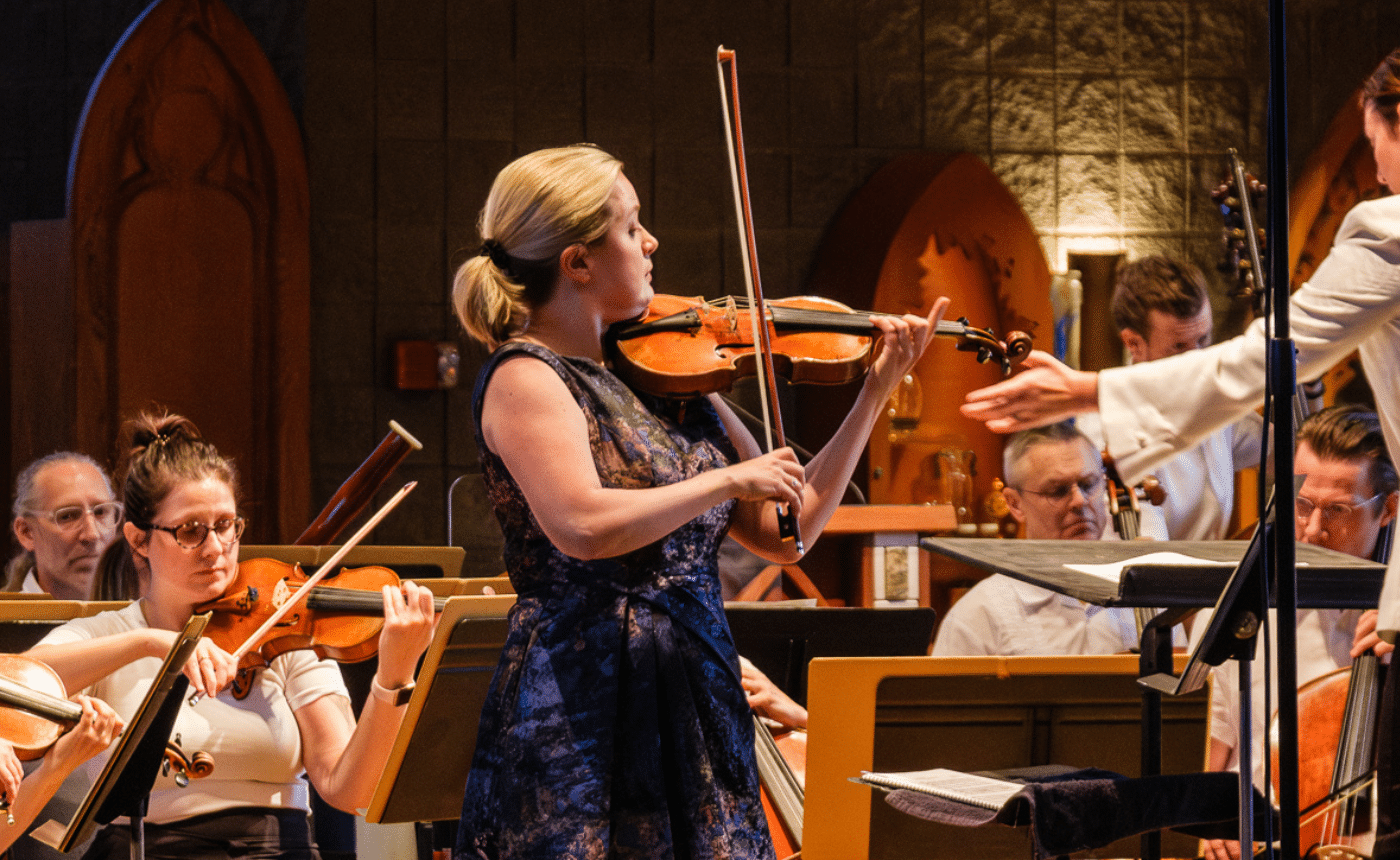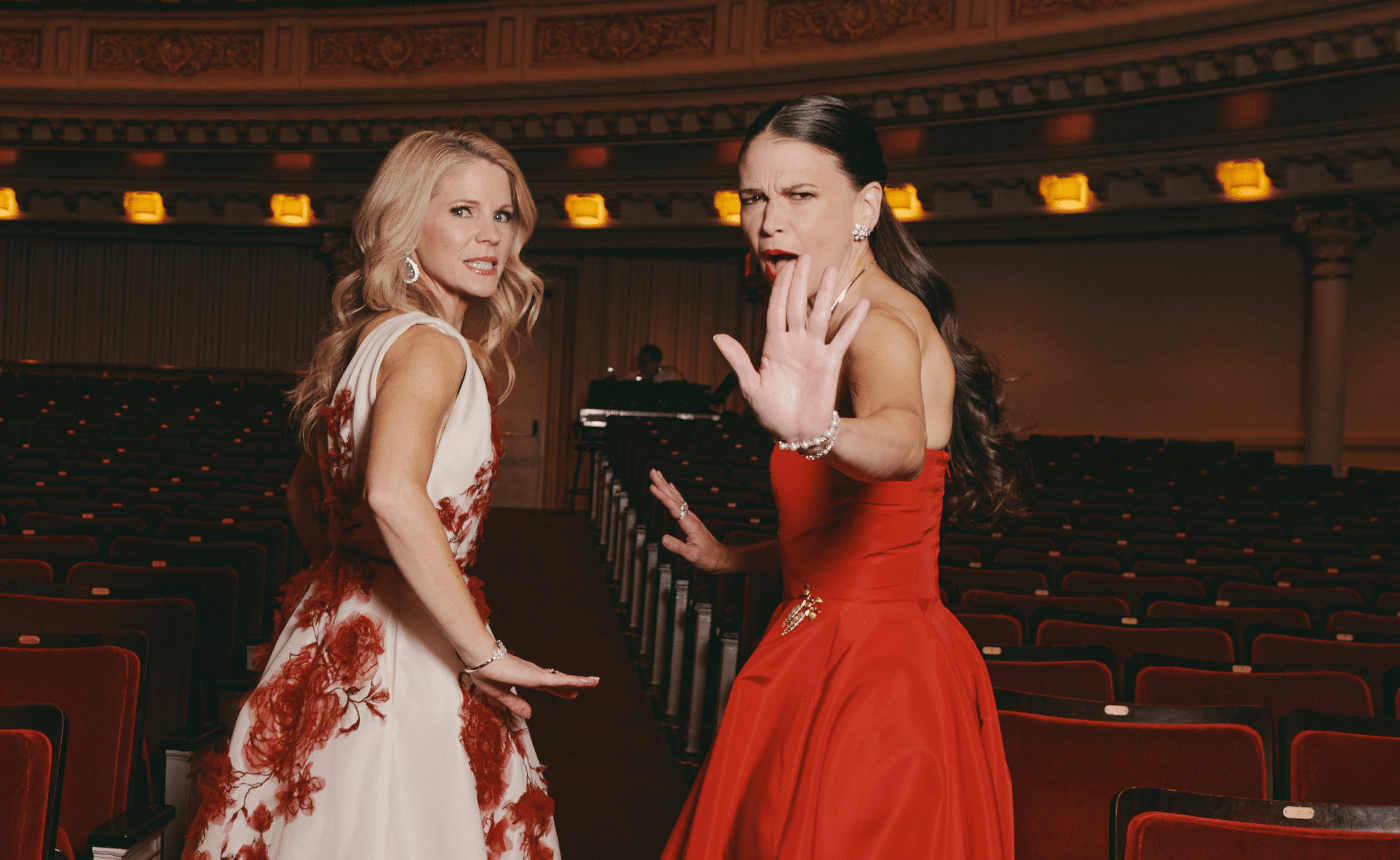Webern – Passacaglia
Written by Jeff Counts
THE COMPOSER – ANTON WEBERN (1883-1945) – Webern lost his mother in 1906 and it was a crushing loss from which he never fully recovered. He would later write that, with few exceptions, “all of my works from the Passacaglia on relate to the death of my mother.” The mention of the Passacaglia (1908) is personally touching but also historically pertinent, for though it was called Op.1, it was not Webern’s first piece.
THE MUSIC – As stated, the Op. 1 designation refers not to the Passacaglia’s chronology but rather its acceptability. This anomaly is not altogether unique. Many composers have disavowed their early “unworthy” works, some by shelving and others by fire. Brahms, the prototypical perfectionist, destroyed many of his own pieces and the unknowable potential of that loss haunts scholars still. Webern was not so rash (or wise, depending) with his own juvenilia, allowing for the possibility that his early efforts might one day find their way to the stage as curiosities or bona fide repertory. A few, like Im Sommerwind (1904), are now performed with a respectful if sparing regularity. It is telling that the Passacaglia was the beginning of everything for Webern and it clearly indicates his faith in the work’s quality. A passacaglia is a 17th century dance form in which a repeated bass pattern supports a series of melodic and harmonic variations. Webern’s fascinating take on the ideal does not belong to the tersely atonal style of his later years but nor does it recall the occasionally flawed romantic derivatives of his youth. More than a signpost of his life-long grief cycle, this music was a bridge from Webern the student to Webern the professional. The score is quite tonal in comparison to what comes later but does provide insights into the mature style that Webern would become known for later, particularly when the music is quietest.
THE WORLD – King Carlos I of Portugal was assassinated in 1908, along with his heir. Also in 1908, Bulgaria became officially independent, E. M. Forster’s novel A Room With a View was published in England and the Cubs won the World Series.
THE CONNECTION – The Passacaglia has not appeared on a Utah Symphony Masterworks program since 1983. Joseph Silverstein conducted.












